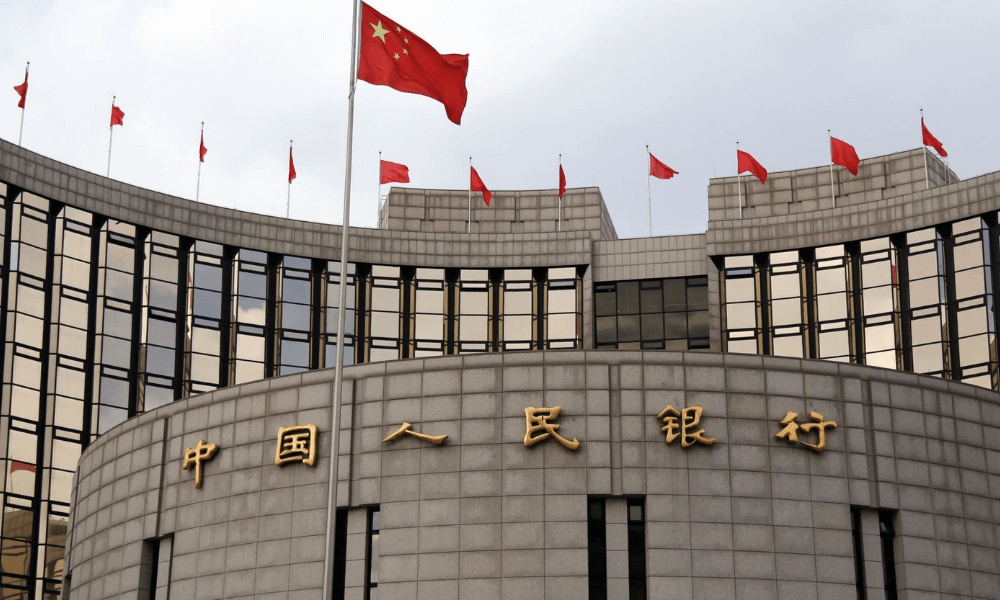
After news of a Chinese interest rate cut supported risk assets. The dollar started the week in a subdued fashion.
By 3:15 AM ET (0815 GMT), the dollar index, which tracks the greenback against a basket of developed market economies, was down 0.1% at 95.10, taking its losses from year-to-date to 0.5%. Its only notable gain was against the safe-haven yen, a day ahead of the Bank of Japan's regular monetary policy meeting. USD/JPY rose 0.2% to 114.35.
The biggest gainers were higher-yielding commodity-linked currencies, which rose on perceptions that the move would support raw materials demand - the Australian dollar rose 0.1% to 0.7214. In comparison, USD/CAD fell 0.2% to C$1.2523. The South African rand and Turkish lira profited from the dollar's lack of direction in emerging markets.
The yuan rose 0.1% to trade at 6.3491 to the dollar, still near a three-year high after the People's Bank of China cut its one-year rate for the first time in nearly two years, by 0.1% to 2.85%.
The move came on the same day that new data showed the Chinese economy slowed in the fourth quarter, with a spate of Covid-19-related lockdowns and a spreading crisis in the key real estate sector, both hitting output and consumption.
In December, Chinese retail sales slowed sharply, although industrial production and fixed asset investment held up slightly better than expected.
Other lockdowns this year, coupled with signs of easing inflation, have raised expectations of further policy easing by the PBoC, a sharp contrast with much of the rest of the world, where central banks are scrambling to rein in inflation.
Short-term interest rate futures in Europe imply that even the European Central Bank will be forced to raise its key rate before the year-end, despite strenuous signalling to the contrary from the bank's top management.
In Europe, the euro and sterling have failed to build on the two-month highs they hit last week and started largely adrift the week. The euro was up 0.1% at $1.1425, while the pound was up 0.1% at $1.3682, still untroubled by reports suggesting that Prime Minister Boris Johnson may be forced out of office for presiding over repeated breaches of Covid regulations by both himself and his staff.
Talks broke down late last week over Russian demands for guarantees that Ukraine will never join NATO, and Russia's foreign minister warned over the weekend that it "will not wait forever." Elsewhere, the Russian ruble was flat but still under pressure from Ukraine's tensions. The ruble, which usually strengthens when oil prices are as high as currently, is traded at 76.20 to the dollar. Source